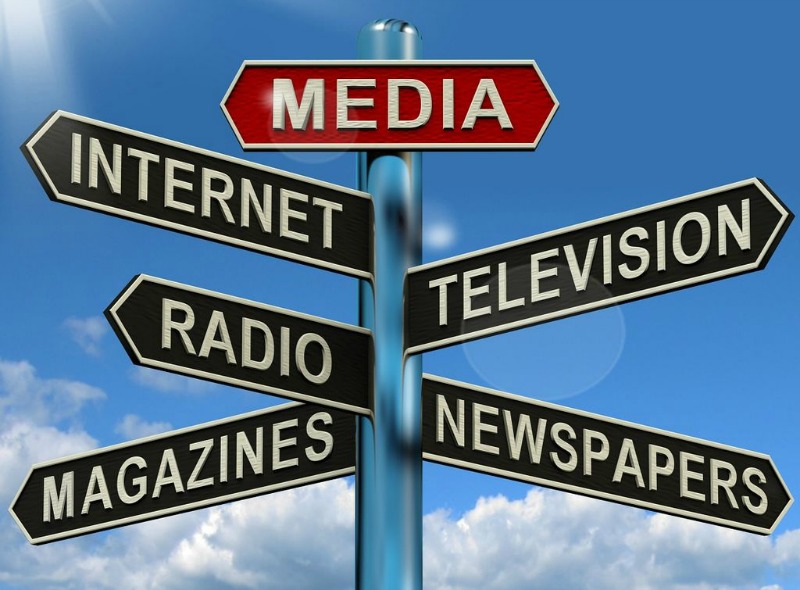Hill+Knowlton Strategies 02 Mar 2017 // 9:39PM GMT

From the time I was a kid growing up in the South I heard the expression, “You are too smart for your own good”. I thought, “What the heck’s wrong with that? It’s great to be smart” and I might add, “It’s pretty darn good”. But imagine you are the public face of an influential company, and you’re being interviewed by a reporter from a top tier publication or broadcast. Despite all of your smarts, you can’t deliver one simple and concise quote or soundbite to add context to the story. It happens all the time in the business, financial, legal, pharmaceutical and medical worlds. That’s because many spokespeople don’t know how to effectively communicate with the media.
CEOs and other top level executives understand their businesses better than anyone else. That’s because they have the requisite education and experience. At one time, the ability to present well in the media was not a job qualification, but now it is necessity. Performing well in a high stakes media interview can boost corporate and personal reputations. Consequently, a bad performance does a disservice to both that person and his or her company. That’s why media training today is critical and more and more companies see it as vital and are investing their time and people.
I’d like to say when I made the transition from television news to public relations, I wish I was stunned to see so many top-level executives ill-prepared to be interviewed, but I wasn’t. I once interviewed a high-ranking executive, and all I wanted was an explanation of what his company did. He threw out a lot of big words and tried to impress me with a lot of jargon but what he didn’t do was give me a quote. To paraphrase a line from the movie Cool Hand Luke, “He failed to communicate,” and his interview ended up—as they say—on the cutting room floor. Words matter, and how they are used matters even more.
Speaking to journalists is a developed skill vastly different from addressing board members, colleagues and clients. An interview is not a conversation but rather a transaction. The journalist wants information and you want to provide specific messages in a succinct manner that gets YOUR point, and more importantly your company’s point of view, across to resonate with the audience.
A carefully crafted media training conducted by an experienced facilitator can provide the necessary tools to navigate through the potential landmines of an interview, whether it is print or broadcast. The biggest concern or fear I hear from my clients is, “What happens if my interview starts going ‘sideways’”? It is a fair question and knowing how to take back control is essential. These are techniques that can be learned.
To communicate effectively, learn from those who do it best—the journalists. Play their game, learn their methods and think like they do. A journalist craves that wonderful story with that fantastic quote that paints a vivid picture. Be a great storyteller, bring emotion, give examples and anecdotes and provide that special quote. Come across both as knowledgeable and personable. How you act during an interview is every bit as important as what you say, in fact it accentuates it.
I applaud companies that want to train their executives but it can’t be just ‘checking the box’, doing it once and moving on. Speaking to the media is a skill that must be developed and cultivated. The media landscape is constantly changing, especially in the world of social media where the story changes by the minute, so refresher sessions are a must.
Though ‘training’ is the widely-accepted term for preparing for media encounters, C-suiters don’t like that word and neither do I. I prefer effective executive communication or a simpler term ‘coaching’ and everyone, even the best can use a little coaching. Michael Jordan was arguably the greatest basketball player to ever grace the court, but he not only accepted coaching, he demanded it because he knew it would make him even better and more effective at his job. Then he practiced and refined his talent. And when it was game time, MJ was prepared. If Michael Jordan saw the need for coaching, practicing and preparation then we should all take his lead and demand it as well. A little ‘training’—make that ‘coaching’—can make us all more effective executive communicators when it is game time.
By: Drew Levinson, Senior Vice President, Media Relations at H+K Strategies


































.jpg)


.png)
.jpg)











